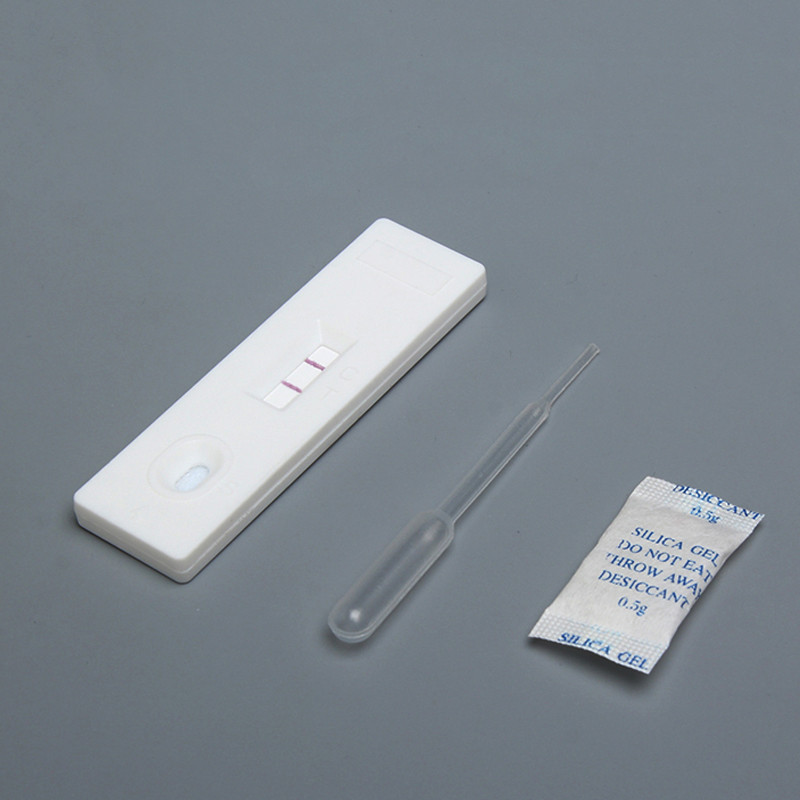Dec . 02, 2024 04:01 Back to list
Hepatitis C Blood Test Provider and Diagnostic Services Options Available
Understanding Blood Tests for Hepatitis C A Comprehensive Guide
Hepatitis C is a viral infection that primarily affects the liver, leading to serious complications if left untreated. In recent years, the awareness and importance of blood tests for hepatitis C have increased significantly, given the epidemic nature of this disease. This article explores the purpose, types, and suppliers of blood tests for hepatitis C, helping individuals understand the process and its significance.
The Importance of Blood Testing for Hepatitis C
Blood tests are essential for diagnosing hepatitis C, as they are the most reliable method to detect the virus in the bloodstream. Early detection is crucial because it allows for timely intervention, which can prevent severe liver damage, cirrhosis, or even cancer. Moreover, people with hepatitis C can unknowingly transmit the virus to others, making testing a public health priority.
Types of Blood Tests for Hepatitis C
There are primarily two types of blood tests used to diagnose hepatitis C
1. Antibody Tests The first step in hepatitis C testing typically involves an antibody test, such as the Hepatitis C Antibody (Anti-HCV) test. This test checks for the presence of antibodies to the hepatitis C virus (HCV) in the blood, which indicates whether a person has been infected at some point. If the antibody test is positive, further testing is required to confirm the active presence of the virus.
2. Viral Tests Following a positive antibody test, a healthcare provider will usually recommend a viral test, such as the HCV RNA test. This test detects the actual virus in the blood and quantifies how much of the virus is present. It is crucial for determining the stage of the infection and guiding treatment decisions.
Selecting a Reliable Supplier for Blood Tests
blood test for hepatitis c supplier

Choosing a reputable supplier for hepatitis C blood tests is essential for ensuring accurate results. Various healthcare facilities, laboratories, and online services provide hepatitis C testing. Some things to consider when selecting a supplier include
- Certification and Accreditation Ensure that the testing facility is certified and accredited by relevant health authorities. This guarantees that they follow strict protocols and standards for conducting tests.
- Reputation Look for reviews and testimonials about the supplier from previous clients. A well-regarded supplier typically has a track record of reliable and prompt service.
- Accessibility The supplier should provide easy access to testing facilities, whether through local labs, hospitals, or home testing kits. Convenience is also a factor that can encourage individuals to undergo testing.
- Confidentiality Since hepatitis C testing involves sensitive health information, it is crucial to use a supplier that respects client privacy and confidentiality.
- Follow-Up Services A good supplier will also provide adequate follow-up services, including counseling, treatment options, and additional support for individuals who test positive for hepatitis C.
Conclusion
Blood tests for hepatitis C are an integral part of managing health and preventing severe complications associated with this viral infection. Understanding the types of tests available and selecting a reputable supplier can make a significant difference in early diagnosis and effective treatment. Increased awareness and proactive testing can lead to better health outcomes for individuals and communities affected by hepatitis C. If you believe you are at risk or have been exposed to hepatitis C, seeking a blood test is a proactive step toward maintaining your health and wellbeing.
-
Reliable Early Pregnancy Test Kit Supplier - Multi Plastic Cassette Options
NewsJul.30,2025
-
Transferrin Rapid Test Cassette – Reliable Tumor Marker Detection
NewsJul.29,2025
-
Accurate Follicle Stimulating Hormone Test Kit | Rapid Reliable Results
NewsJul.29,2025
-
High Accuracy LH Ovulation Test Kit - Digital Results & Wholesale Options
NewsJul.29,2025
-
HbsAg Blood Rapid Test Kit for Fast & Accurate Hepatitis B Detection
NewsJul.28,2025
-
Sterile Urine Cup for Safe & Easy Collection | High-Quality Specimen Cups
NewsJul.28,2025

